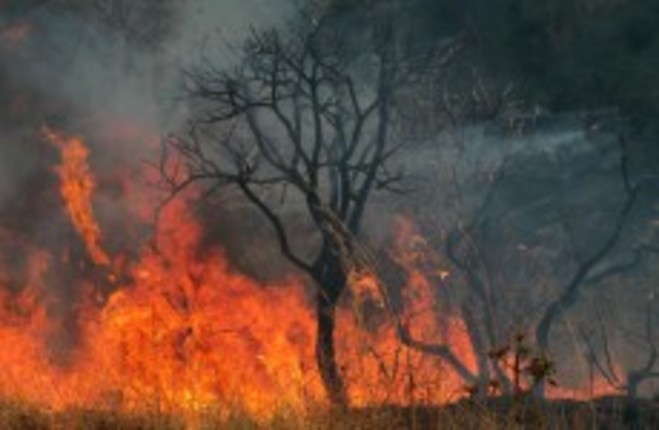IT’S A DAY of rest, and you may be in the mood for a quiet corner and a comfy chair. We’ve hand-picked the week’s best reads for you to savour this Sunday.
1. Fibre-optics worker by day, defender of justice by night
Joshua Davis on the strange case of Dave Sanders, who brought people together to fight financial crimes (Wired).
But now the 43-year-old had confessed to operating a bizarre paramilitary vigilante squad that targeted people involved in Ponzi schemes. His team included a 365-pound US postal worker and a woman who looked like a Playboy Playmate; it was equal parts SWAT team and three-ring circus
2. The real iron lady
Shubh Mathur tells the story of Irom Sharmila, who has been fasting in solitary confinement for 11 years in protest (Guernica).
“We shed our clothes and stood before the army. We said, ‘We mothers have come. Drink our blood. Eat our flesh. Maybe this way you can spare our daughters.’ But nothing has been done to punish those soldiers.”
3. Want to cut violent crime? Use the price of cocaine
Llewellyn Hinkes-Jones on the link between cocaine prices and criminal violence (The Atlantic).
The violence that surrounded its distribution and sale pushed the murder rate to its highest point in America’s history, turned economically impoverished cities like Baltimore, Detroit, Trenton and Gary, Indiana, into international murder capitals, and made America the most violent industrialized nation in the world.
4. All the angry people
George Packer tells the story of unemployed man Ray Kachel, and how he found community at Occupy Wall Street (New Yorker).
Over the summer, Kachel went on eBay to sell off his computer equipment, like a drought-stricken farmer eating his seed corn: first his MacBook Air, then his iPad, then his iMac. He found buyers for his DVD collection, which had a thousand titles, after first storing digital copies of them on a hard drive.
5. The view from Athens
James Meek goes to the capital of Europe’s most economically troubled country, and finds out what people are thinking (London Review of Books).
I ask about corruption in the health system. ‘Doctors have two techniques,’ he says. ‘One is to explain what they expect to receive. The other is to let it be implied that the amount can be decided by the patient. “I didn’t ask for anything, he gave it to me.”’
6. The burning wind
Every autumn, the storied Santa Ana winds scream into Los Angeles from the desert, often causing horrific firestorms. Dave Gardetta wonders why, and how (LA Magazine).
“My dad didn’t want me to see the bodies,” says Clayton today, “so he kept me at a distance. But I saw them anyway. Before that, I didn’t know much except that the wind blew. I didn’t know what a Santa Ana was. It was kind of sobering.”
… AND A CLASSIC READ FROM THE ARCHIVES…
In 1994, Mary Kay Blakely got to know autistic woman Donna Williams, and discovered how the world looked from her perspective. She wrote about it for the LA Times.
She didn’t lower her defenses until she could be sure I had mastered the rules: No touching, no inflections, no fluttery gestures, no tape recorders, no changes in plan. Especially, no eye contact. Interviews had to be conducted outside.


